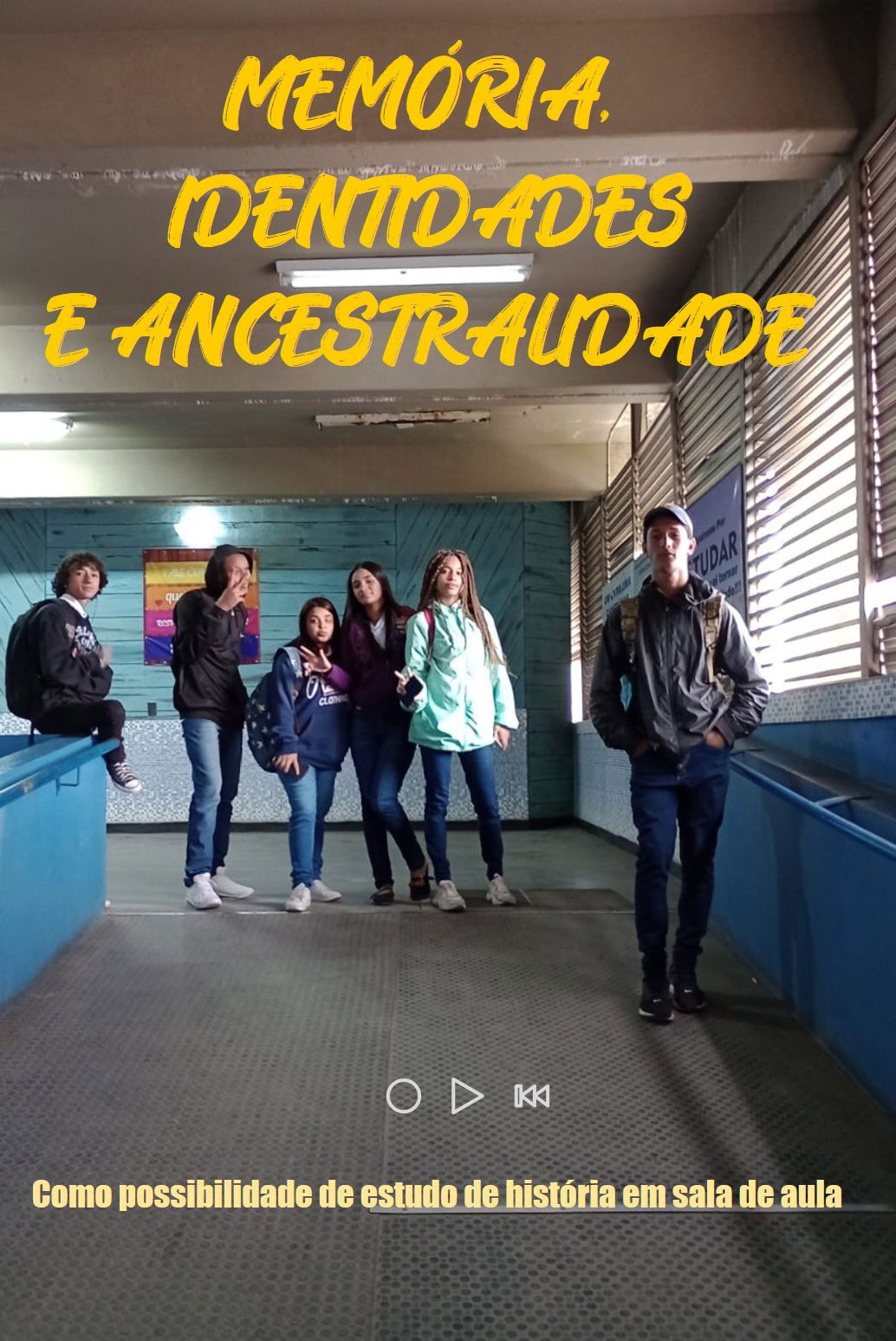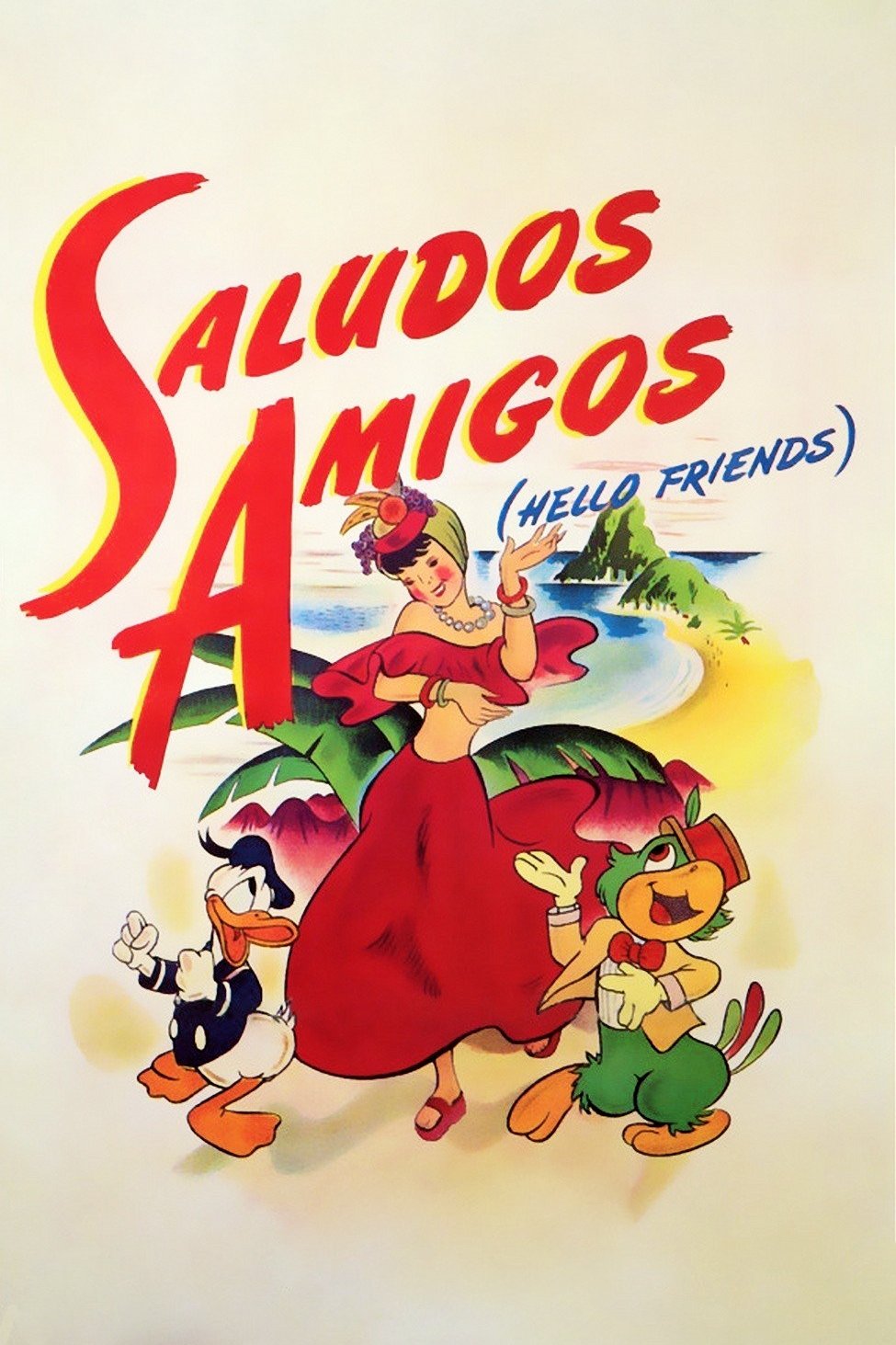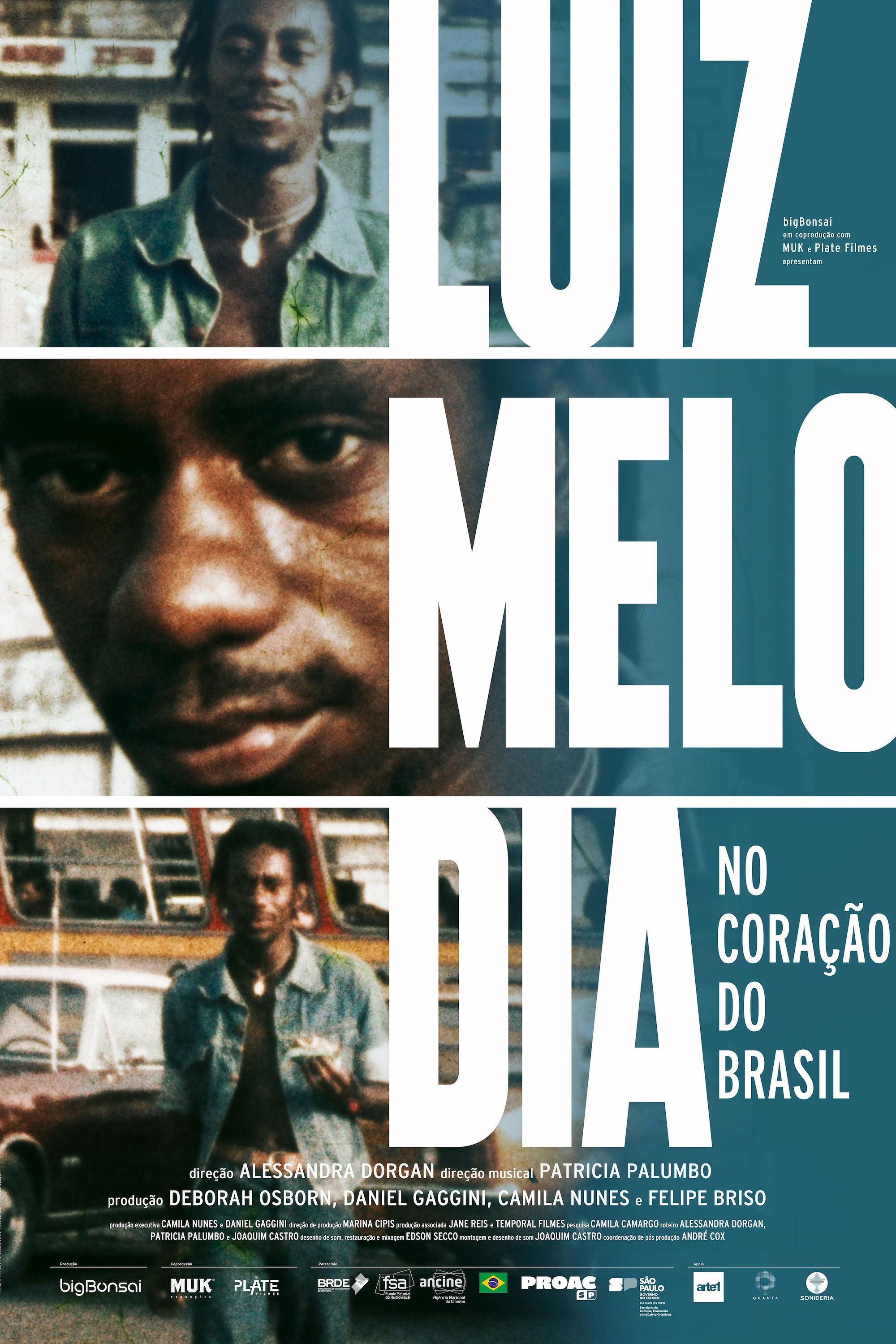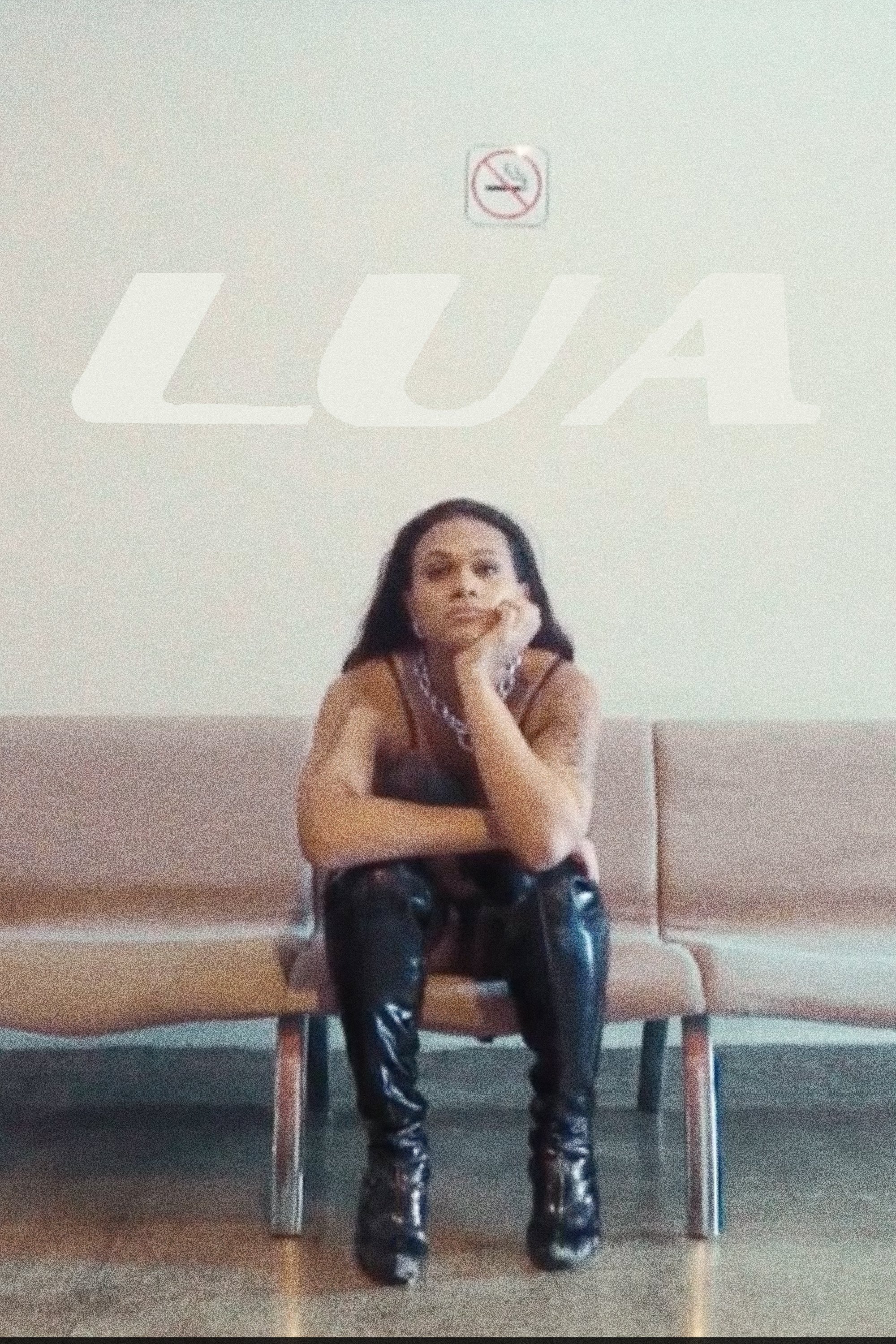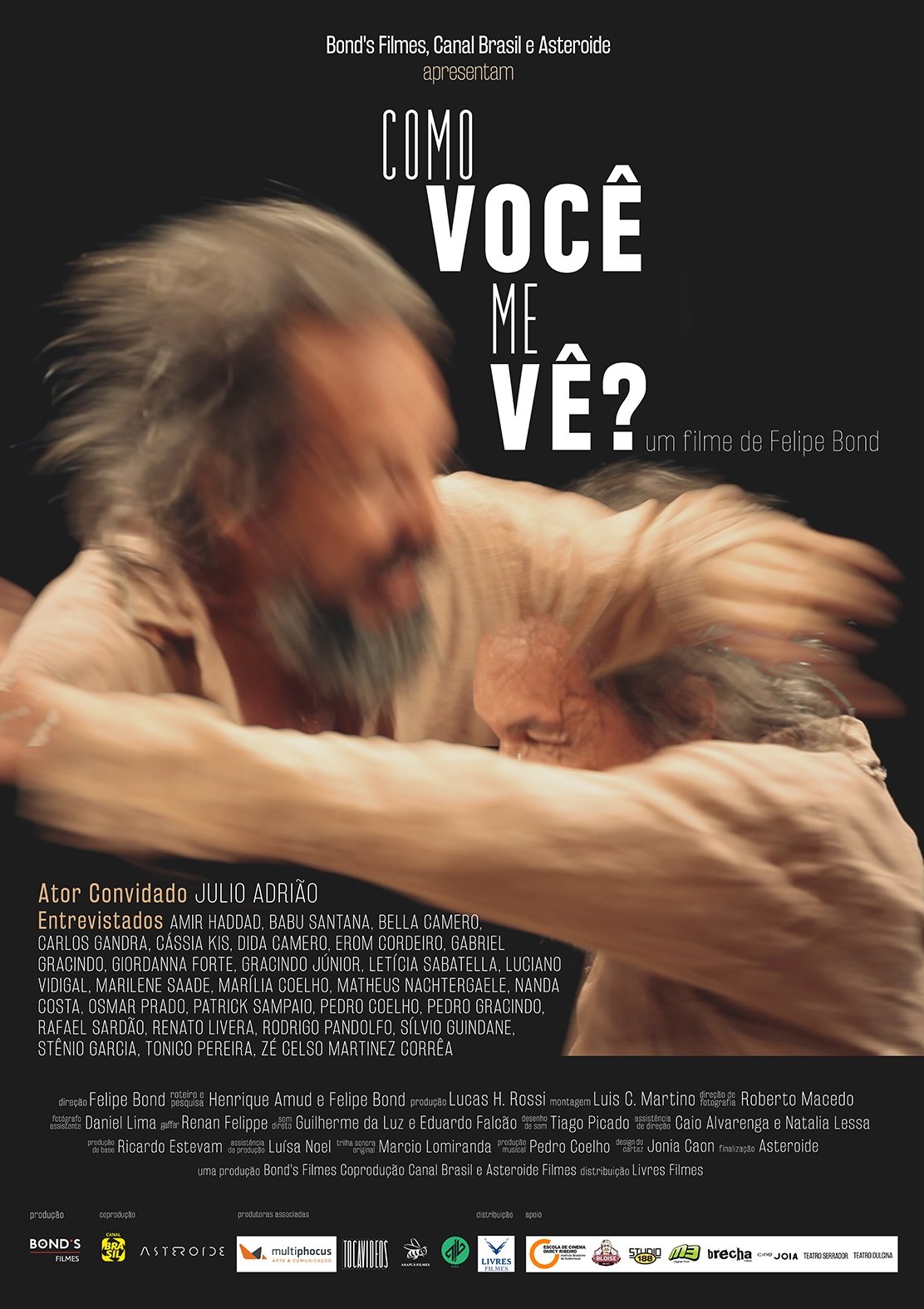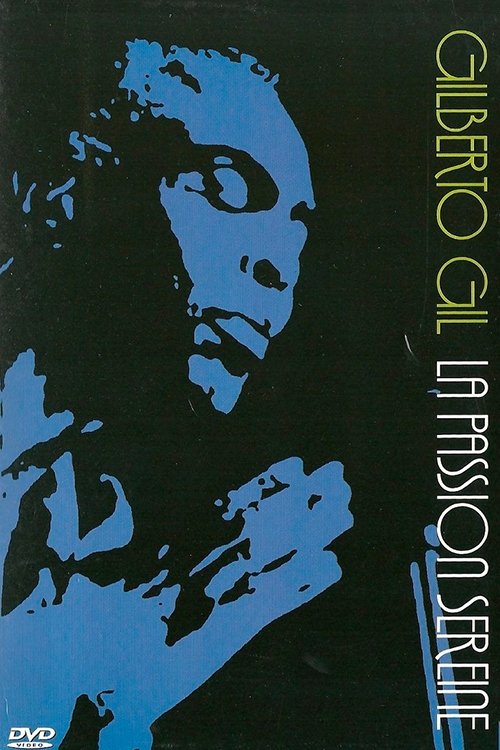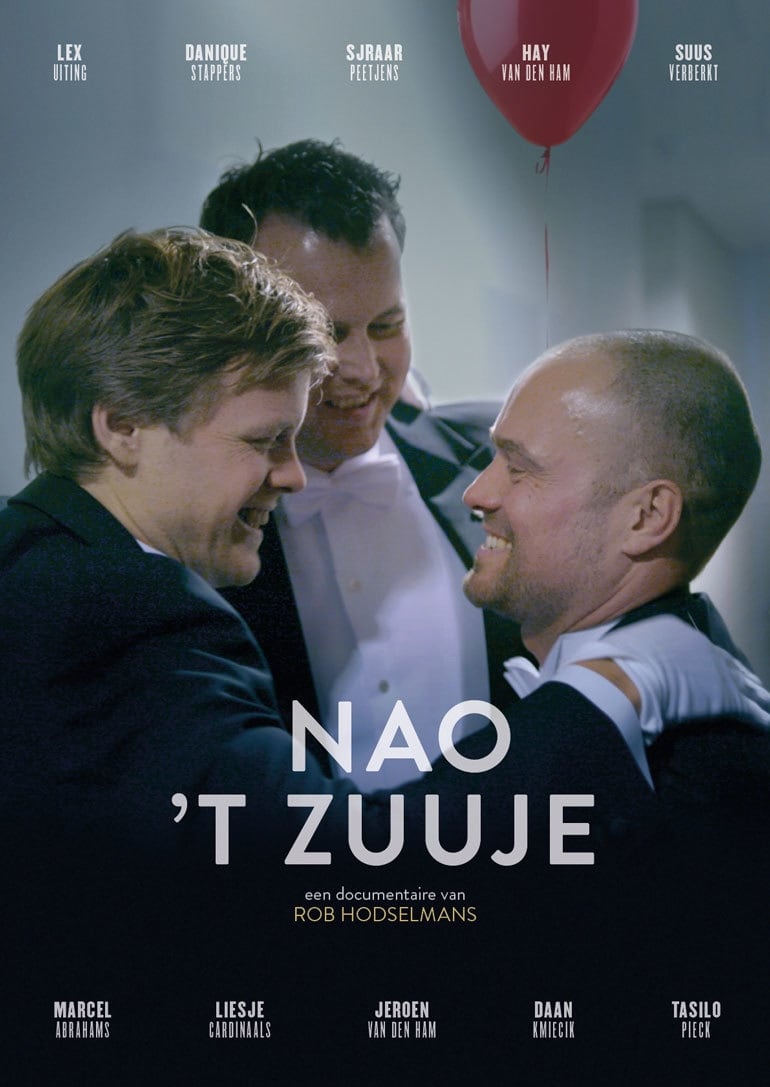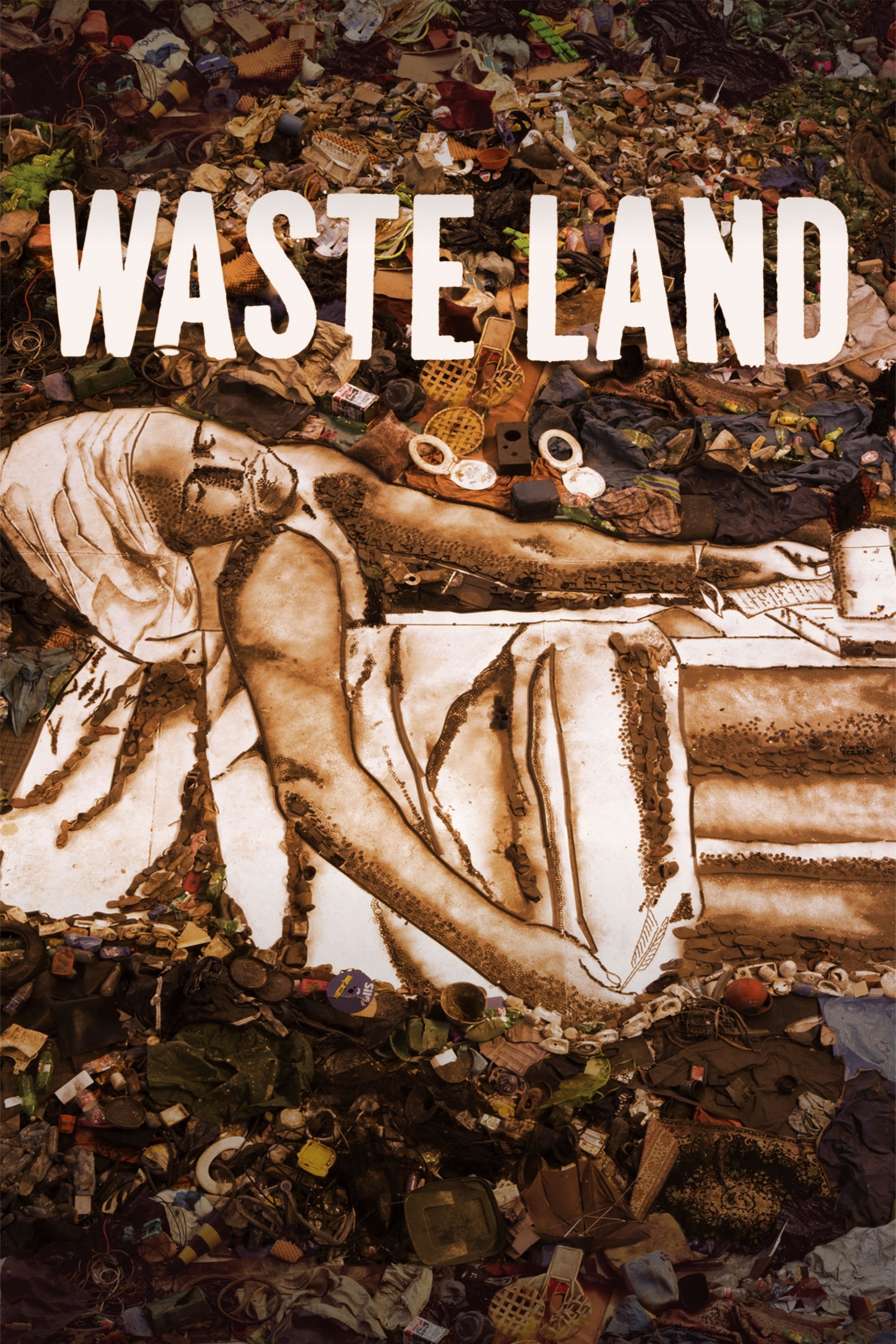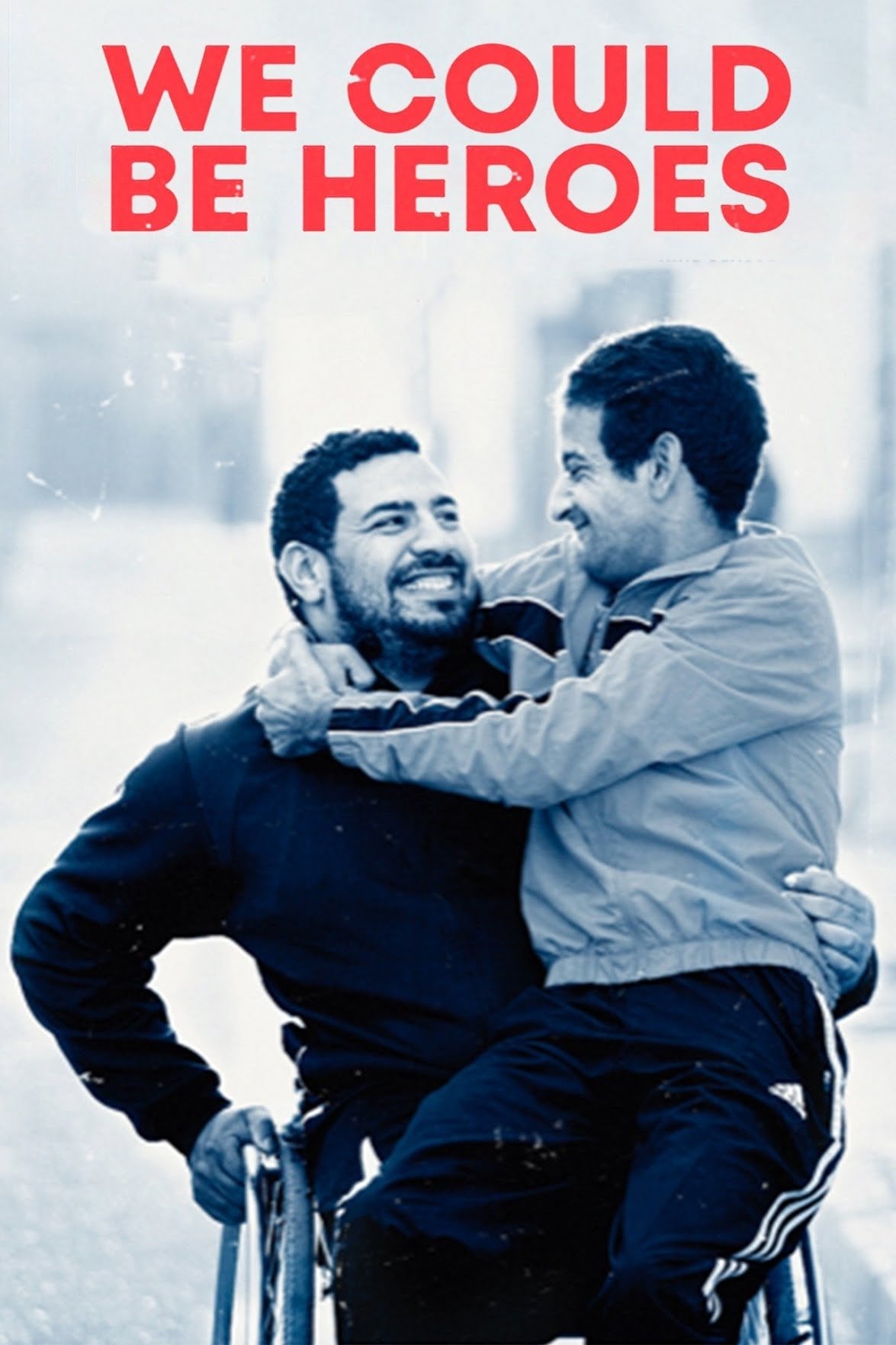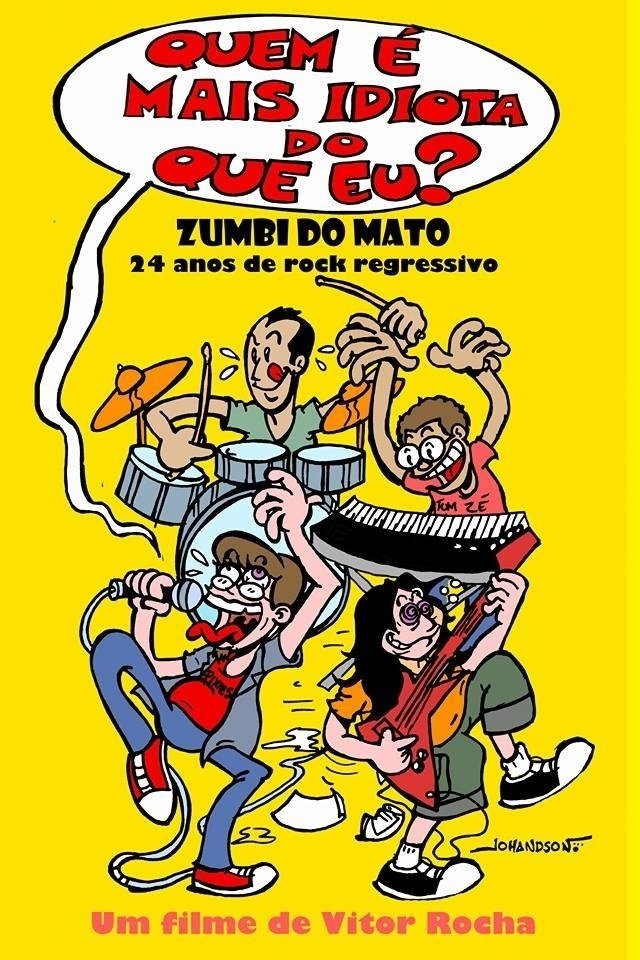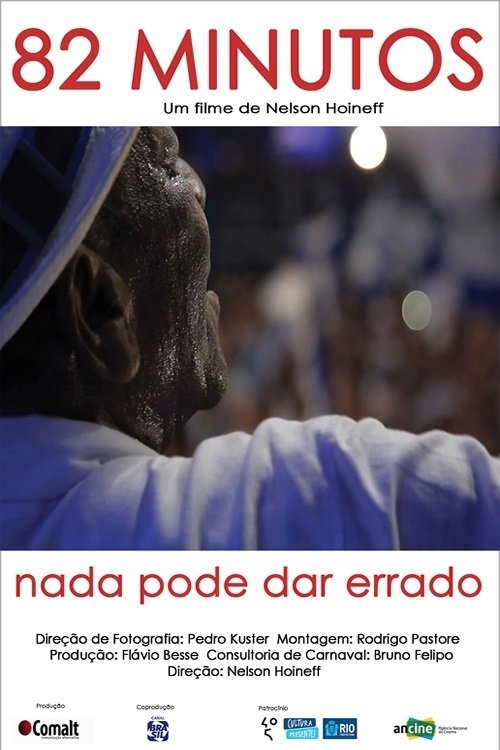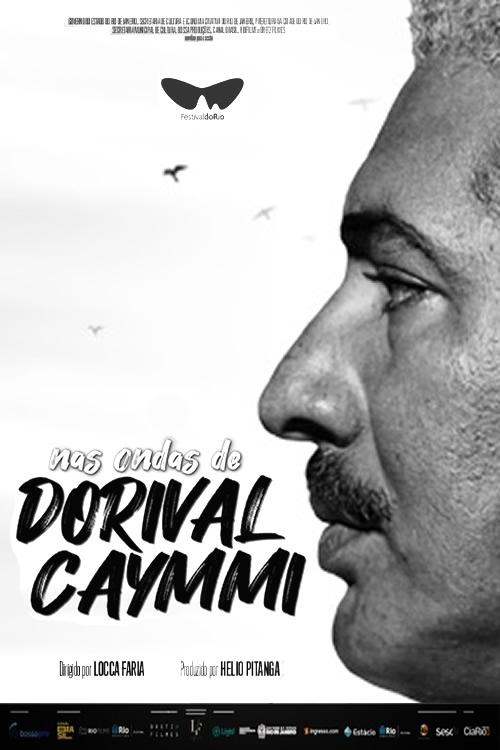
Deixa O Samba Me Levar
Watch Movie
Share
Deixa O Samba Me Levar
2025
00.0(0 votes)
Documentary
Overview
Links & Resources
Social & External
Production Companies
Cast & Crew
5 members
Acting
Sônia Capeta
Unknown Role
No Image
Acting
Paulo Henrique
Unknown Role
No Image
Acting
Nilcéia
Unknown Role
No Image
Acting
Marcinho da Frigideira
Unknown Role
No Image
Acting
Alexandre Henderson
Unknown Role
No Image

